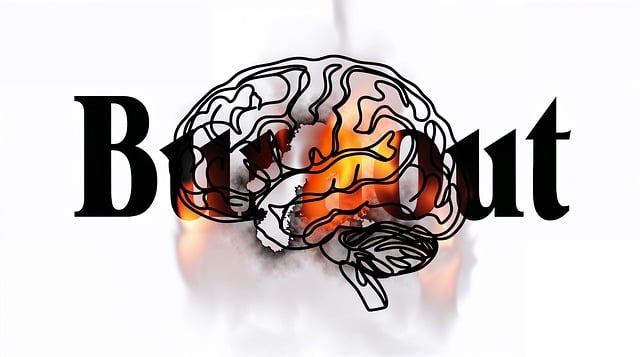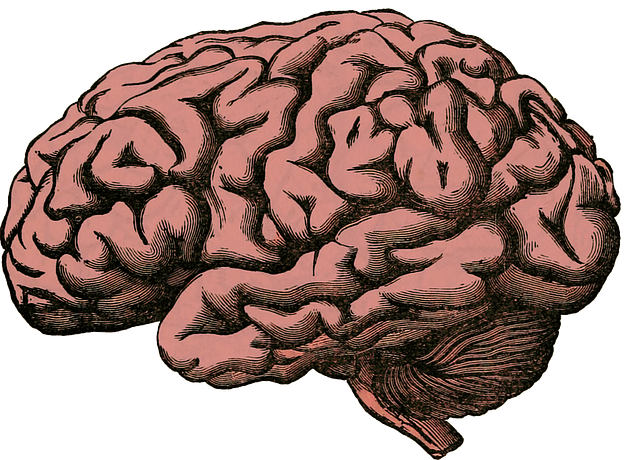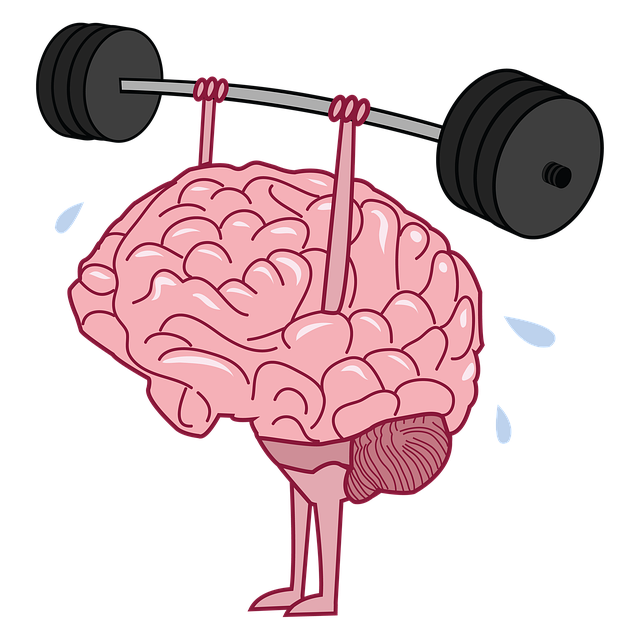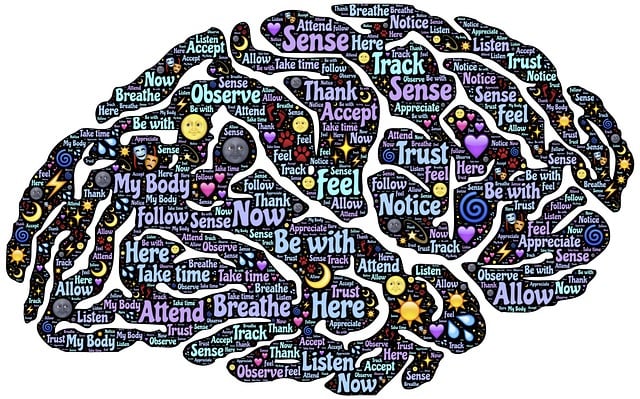Receiving a mental illness diagnosis is a crucial step towards healing, involving various assessment tools and evidence-based therapies like Parker Anger Management Therapy (PAMT), which addresses common anger management issues. Cultural sensitivity ensures tailored support for diverse populations. PAMT, based on Mind Over Matter principles, provides structured emotional control through therapeutic techniques, improving treatment outcomes. Understanding PAMT and open communication between patients and providers is key to navigating recovery, reducing stigma, and building robust support systems for better quality of life.
Mental illness diagnosis and treatment can be a complex, daunting journey. This comprehensive guide aims to demystify the process, offering insights into understanding mental health diagnoses and navigating effective treatment options. From unraveling the intricacies of diagnostic procedures to exploring innovative therapies like Parker Anger Management Therapy, we provide essential tools for a successful recovery. Additionally, we delve into building robust support systems, emphasizing their crucial role in fostering resilience and well-being.
- Understanding Mental Illness Diagnoses: Unraveling the Process
- The Role of Parker Anger Management Therapy in Treatment
- Navigating Treatment Options: A Comprehensive Guide
- Building Support Systems for Effective Recovery Journey
Understanding Mental Illness Diagnoses: Unraveling the Process

Understanding a mental illness diagnosis is a complex yet crucial step for individuals seeking support and treatment. The process involves an in-depth evaluation by qualified healthcare professionals who use various assessment tools to identify specific disorders. This often includes interviews, questionnaires, and observations, delving into symptoms, their impact on daily life, and potential underlying causes. A thorough understanding of one’s mental health history is vital, as it helps professionals distinguish between different conditions, a process known as differential diagnosis.
One effective approach to navigating this journey is through evidence-based therapies like Parker Anger Management Therapy. This specialized form of treatment focuses on teaching individuals healthy conflict resolution techniques and fostering inner strength development. By addressing anger management issues, which are often intertwined with various mental health disorders, it empowers patients to handle challenging situations constructively. Moreover, cultural sensitivity in mental healthcare practice is essential, ensuring that diverse populations receive tailored support, considering unique cultural perspectives and beliefs that may influence their experiences and preferences for care.
The Role of Parker Anger Management Therapy in Treatment

Parker Anger Management Therapy (PAMT) plays a pivotal role in enhancing mental wellness and supporting individuals navigating complex emotional journeys. This evidence-based approach is particularly effective for those struggling with anger management issues, offering a structured framework to understand and regulate intense emotions. By employing various therapeutic techniques, PAMT aids patients in identifying triggers, developing healthier coping strategies, and fostering better interpersonal relationships.
Incorporating PAMT into treatment plans can significantly benefit mental health professionals. It empowers practitioners with valuable tools for risk assessment, enabling them to conduct thorough evaluations and implement tailored risk management planning. This proactive approach ensures a comprehensive understanding of each client’s unique challenges, facilitating more effective support and ultimately enhancing the overall success of treatment interventions.
Navigating Treatment Options: A Comprehensive Guide

Navigating treatment options for mental illness can be a daunting task. It involves understanding various therapeutic approaches, their effectiveness, and how they align with individual needs. One evidence-based method gaining recognition is Parker Anger Management Therapy, which leverages the Mind Over Matter Principles to empower individuals in managing anger and associated conditions. This comprehensive guide helps demystify treatment choices, breaking down complex concepts into understandable terms.
By integrating communication strategies as a cornerstone of care, mental health professionals can facilitate open dialogues between patients and providers. Such conversations are crucial for tailoring treatments that address specific challenges while mitigating the Mental Illness Stigma Reduction Efforts. Effective navigation ensures individuals receive the most suitable interventions, fostering better outcomes and enhanced quality of life.
Building Support Systems for Effective Recovery Journey

Building strong support systems is a cornerstone for navigating the recovery journey of mental illness. This includes fostering relationships with understanding friends and family who can provide emotional support and encouragement. Professional networks, such as therapists and counselors, also play a vital role in offering specialized care tailored to individual needs. For instance, Parker Anger Management Therapy focuses on empowering individuals to manage anger effectively, addressing underlying issues crucial for holistic healing.
Resilience building is another key aspect, where strategies aimed at Mental Illness Stigma Reduction Efforts can foster empathy and create inclusive environments. By promoting understanding and compassion, communities can better support those facing mental health challenges. Through Empathy Building Strategies, individuals can develop the capacity to connect with others on a deeper level, enhancing their ability to offer meaningful assistance during recovery.
Mental illness diagnosis and treatment can be a complex journey, but with the right navigation assistance, individuals can find their path to recovery. By understanding the process, leveraging evidence-based therapies like Parker Anger Management Therapy, and building strong support systems, one can effectively manage their mental health. Navigating treatment options armed with knowledge empowers individuals to make informed decisions and embrace a brighter future.














